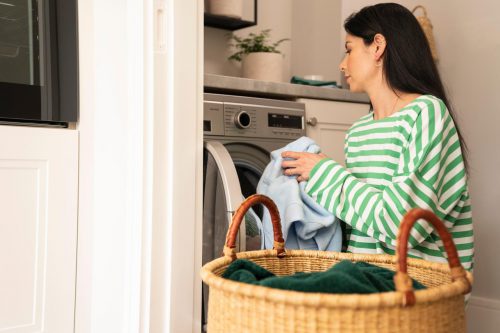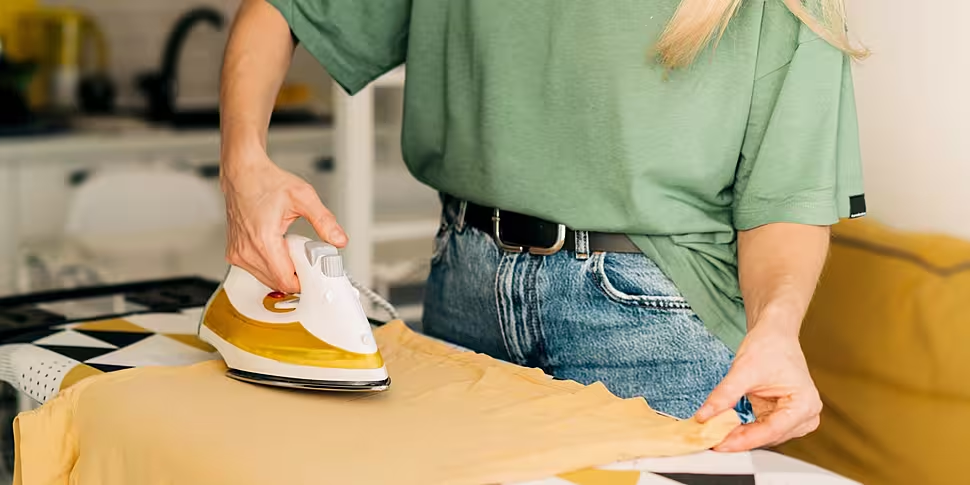None of the issues raised in the ‘wages for housework movement’ of the 1970s have gone away, a historian has claimed.
Since research revealed earlier this year that stay-at-home parents carry out labour worth approximately €57,000, there has been an ongoing discussion on if there should be wages paid for housework or homemakers.
Historian and author of Wages for Housework Emily Callaci told Lunchtime Live that the issues raised around this topic in the ‘70s haven’t gone away.
“The women in my book, you know, in the 1970s they really kind of caused controversy when they made this demand,” she said.
“This is the time when women all over the world were kind of getting together to demand equal rights.
“But their argument was that equal rights are really important but they don't go far enough, because we live in an economy that relies on this essential work - caring for children, maintaining households, taking care of the sick and the elderly - and that work is unpaid.
“So as long as that is unpaid, you're continuing to exploit this work and perpetuate inequality.”
"Challenge that entire system"
Ms Callaci said that by demanding wages for housework, these women “were not just looking for a pay check”, they were “really trying to challenge that entire system”.
“While this argument was, you know, really controversial at the time, I think it's really clear that they were onto something,” she said.
“None of these issues that they raised in the ‘70s have gone away - this is still equally relevant.
“I mean, you can think about some of the statistics, for example, in the UK, women do an estimated £23.2 billion hours of unpaid childcare every year - that's worth something like £382 billion.
“This work is still really critical to our society and it's unpaid.”
Ms Callaci said there is a question to be asked about what our lives could be like if this work was compensated.
“What kinds of power would women have?” she asked.
“What kinds of ways would we distribute our wealth differently?
“I think it raises really foundational questions about the world we live in.”
 Woman putting clothes in washing machine. Image: Alamy
Woman putting clothes in washing machine. Image: AlamyCatherine also joined the show, saying she agrees completely with Ms Callaci’s points.
“We should be entitled to stay at home and take care of our young family - that might include any or all of the housework that goes along with that, the mental load, typically as women as well,” she said.
“Is that valued in society? I think it is - but whether or not we then get compensated for that or that value is shown by whatever Government is in power at the time - I think that's the big difference.
“We are being told that we can have everything, but, you know, as women, we’re also being made to do everything [and] we just we can't do that.”
"Put a value on it"
Catherine said that she is now in a position where she has to return back to work after maternity leave but she doesn’t think she’ll be able to do as many days as previously.
“I've realised I can't be going back to the four days I was doing with my first child because I can't be doing everything and having that balance [while] spending time with my children - it is really difficult,” she said.
“I think we need to put a value on it.
“I think that Governments, even in Ireland, need to know that this is really important - this is something we're going to be voting on and looking at.
“They need to show us that we will be valued, I guess in any tax breaks that we get.”
Catherine said this is a common practice across mainland Europe and families are benefitting from it.
Listen back here:
A woman does housework and irons clothes at home, 11-1-23. Image: Ilona Titova / Alamy









